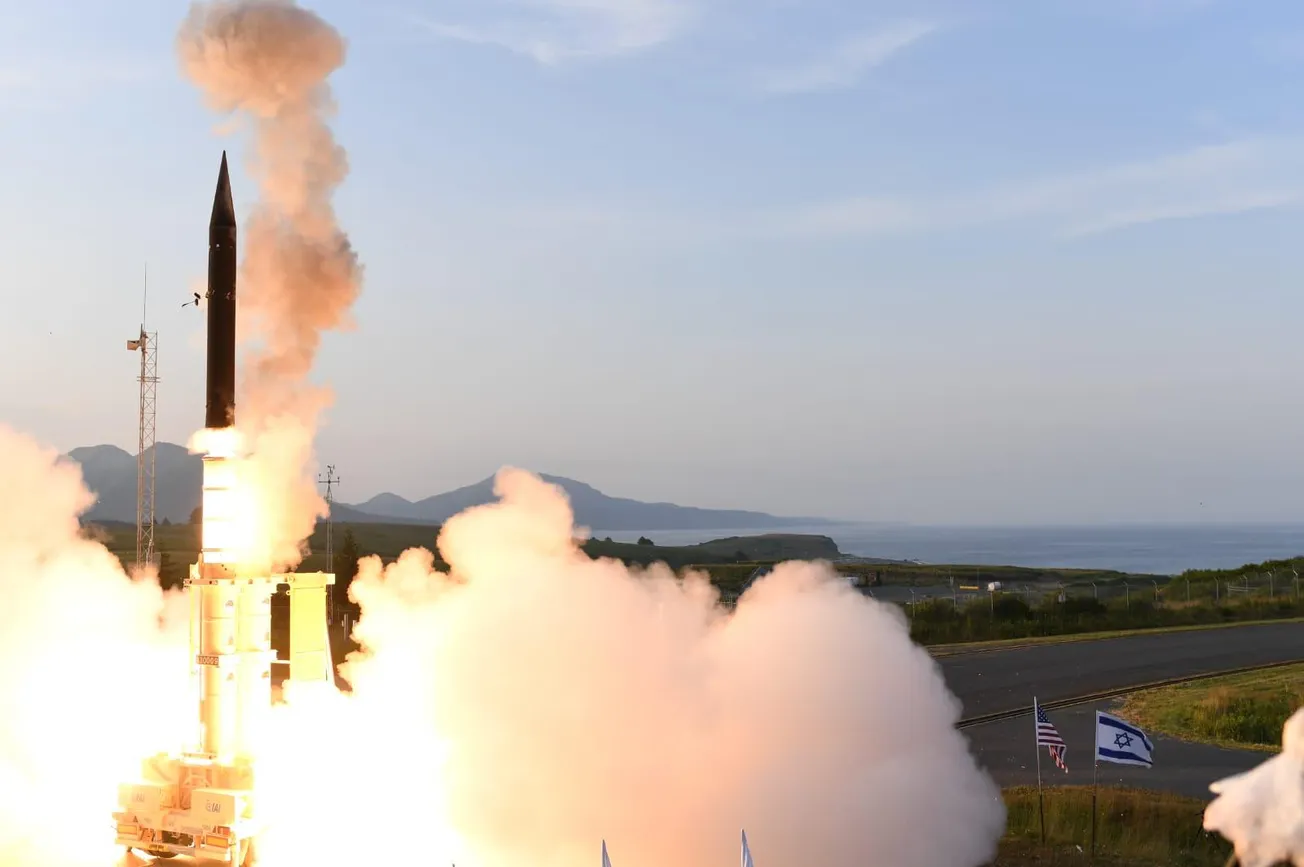In November and December of 2023, the Nonproliferation Policy Education Center (NPEC), based in Arlington, Virginia, ran a wargame the results of which directly challenged assumptions about Israel’s nuclear weapons policy and when they might or might not use them. “For decades, most security analysts assumed Israel’s undeclared nuclear weapons were only deployed to deter attacks and that Iran would not dare to attack Israel directly,” Henry Sokolski, NPEC executive director, wrote in a report published by Bulletin of the Atomic Scientists on Feb. 27, 2024.
He gave his report the headline, “Wargame Simulated a Conflict between Israel and Iran: It Quickly Went Nuclear.”
“This after-action report describes a war game originally designed nearly two years ago. It directly challenges these assumptions and suggests that military strikes between Israel and Iran—including nuclear ones—are possible.” The 35 participants in the wargame included Republican and Democratic Hill staff; U.S. Executive Branch officials and analysts; leading academic scholars; national security and Middle Eastern think tank experts; and U.S. military personnel.
The scenario of the war game involves an Israeli decision to target Iran’s nuclear program after detecting signs that Iran has begun mating nuclear warheads to missiles. Israel decides initially to strike Iran using conventionally-armed hypersonic weapons provided by the U.S., but these fail to have the desired effect. After a series of devastating strikes by both sides, and including Hezbollah, and tepid support from the U.S., Israel decides it has no choice but to launch a nuclear barrage of 50 warheads against 25 Iranian military targets (including Russian-manned air defense sites). “The aim is to cripple Iranian offensive forces and perhaps induce enough chaos to prompt the Iranian revolutionary regime to collapse,” Sokolski reports. “Almost immediately after the Israeli strike, however, Iran launches a nuclear attack of its own against an Israeli air base where American military are present.” The game ended at that point, but left a host of unanswered questions.
“The strategic uncertainties generated after an Israeli-Iranian nuclear exchange are likely to be at least as fraught as any that might arise before such a clash,” Sokolski continues. “An unspoken hope among security experts is that nuclear deterrence can work between Israel and Iran. Such optimism, however, discourages clear thinking about what might happen if deterrence fails and both countries use nuclear weapons.” During the game’s play and discussions that followed, “participants emphasized how difficult it was to develop appropriate policy responses to Israeli or Iranian nuclear use as neither contingency was adequately considered before use.”
Sokolski, along with two co-authors, had published an op-ed in the Washington Post a week earlier in which they called for an end to U.S. secrecy regarding Israel’s nuclear program. “One of the best ways to clarify these matters is for American and Israeli experts and officials to peek into the future by gaming different nuclear war scenarios,” Sokolski and his co-authors wrote in the op-ed.
“Considering the strategic risks and uncertainties that a possible nuclear exchange between Israel and Iran revealed in this game, the formulation of proportionate military, political, and economic policies to deter nuclear use appears crucial,” Sokolski concludes in his after-action report. “This requires gaming and careful planning—both efforts that the United States’ outdated policy toward Israel nuclear-related classification all but precludes.”
Though months have passed since the war game and the after-action report, the matter of Israel’s nuclear arsenal is perhaps even more relevant now than it was then, particularly when Israeli Prime Minister Benjamin Netanyahu is trying to drag the U.S. into a war with Iran.




